By Jack Jackson, Senior NERC Reliability Specialist
Preparations for cold weather has been a hot topic for roughly the last 10 years specifically impacting generating facilities. Each event has resulted in increased measures to prevent future occurrences. However, the trend has been towards more severe events as soon as the previous measures are implemented. This trend initially resulted the development of EOP-011-2 for Emergency Preparedness and Operations.
But NERC is already considering these measures inadequate and has started a process for the development of a new standard: EOP-012-1 – Extreme Cold Weather Preparedness and Operations. The standard is only in the draft stage and was posed for balloting and comments earlier this year. The draft standard contained several broad reaching assumptions that generally would be impractical to meet specifically for existing generating units.
Some of the proposed measures included implementation of freeze protection. While that seems like a reasonable place to start, it is here where the standard starts to become more theoretical than practicable. The requirement (R1) goes on to state that these measures should accommodate tor the lowest recorded temperature back to 1975 and to then build cold weather preparations based on that temperature. And account for the wind. And precipitation types.
The standard goes on to require a corrective action plan for any unit freeze events to prevent future occurrences of a similar nature. And while this, on the surface, seems a logical next step it requires a technical justification for controls that cannot be implemented. Inherently this has the potential to create inequality not only in financial burdens but also in evaluation and application of the rules themselves mostly due to a facility’s age or location.
Upon review of the comments submitted, there were well over 100 registered entities that are in opposition of these measures (mostly in Requirement R1) and specific modifications were proposed through the North American Generator Forum (NAGF) that make them more palatable. The likelihood that the drafting team would dismiss so many aligned responses is low, but that doesn’t mean that all will be adopted. And other entities may not agree with the proposed measures.
To anyone familiar with the Standards Development process, this back and forth between the Standard Drafting Team and the balloting body can go on for years. While many smaller entities may not have the resources to propose changes themselves, participation in the standard development process through balloting and commenting is the only sure way to influence the standards that generators will have to follow.
Even though cold weather preparations are the current topic of discussion, it is important to note that this level of attention should be applied to all standards that come under development. More information on projects in development can be found on the NERC Reliability Standards Under Development Page and this project is identified as 2021-07 Extreme Cold Weather Grid Operations, Preparedness, and Coordination.











